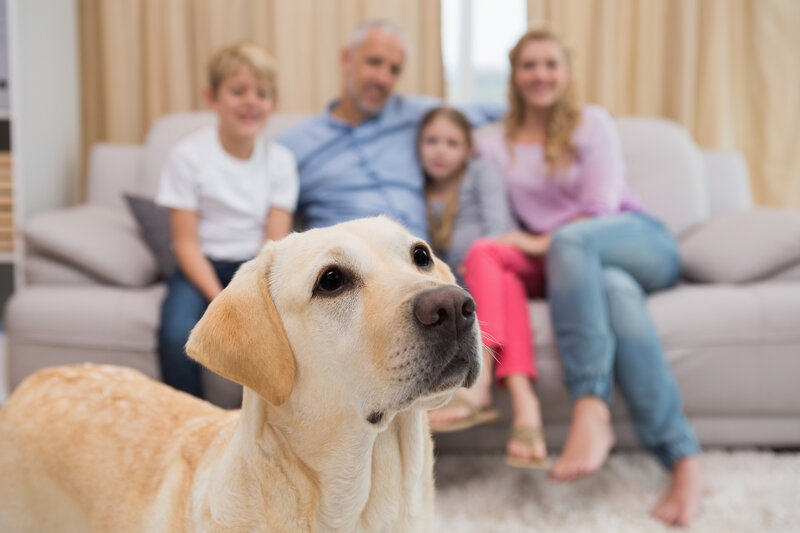
If you’re heading on vacation and can’t take your dog, you’ll need to start researching and learning more about the dog boarding facilities and other options in your area. Boarding your dog requires great care to make sure your furry friend has access to ample space, room to run, the opportunity to exercise each day, and plenty of love and attention.
The good news is that most communities offer multiple dog boarding options. Some are private pet sitters who come to your home or welcome your dog into their homes. Others are professional dog boarding facilities, complete with staff, kennels, and spacious runs or ample fenced areas so pets can get their fill of exercise.
Unfortunately, some kennels are not fit for any animal and are more like a prison than a legitimate dog boarding option. That’s why you must take plenty of time to research your options. The right dog boarding choice will be such a positive experience for your dog that they look forward to their next visit with their new friends, and you’ll have the peace of mind required to enjoy your time away without worry or second thoughts.
Word-of-mouth referrals are the best place to start because your veterinarian, friends, or family have already vetted the dog boarders' facilities and methods. If you’re new to the area, we understand that internet searches are the best way to locate facilities near you, but we also recommend asking local veterinary offices for their recommendations.
Never trust a website or online reviews. Photos, content, and reviews can all be purchased. Instead, contact the top three or five recommendations you’ve received and schedule appointments to visit them with your dog(s). You’ll get to see the facility in person, looking (and smelling) at your dog’s perspective vacation digs. You want to see:
Pay attention to your gut instincts. If the staff or owner is a sweet talker, but your instincts say otherwise - be like a dog and always trust your instincts.
Almost all dog boarding facilities or pet sitters who have dogs in their homes require updated vaccination records. Check your pet’s paperwork or contact your veterinarian. If your dog’s vaccinations have expired, you’ll need to make time to schedule an appointment before your dog can be boarded.
Each kennel has its own set of requirements or policies they’ve created based on what works best for them and their dog guests. While updated vaccination records are a standard, you’ll want to verify other policies as well, such as:
Don’t make any assumptions about what they will or will not do.
This is essential. Hearing from real clients and their dogs' experiences is the best way to feel fully confident about your final decision.
Ask for a list of current or very recent client contact information. Then take the time to call them and find out how their experience was? What do references feel are the facility’s (or pet sitters’) strengths and weaknesses? Learning about other clients’ experiences may help you determine which option is the best for your dog when all is said and done.
As you’ve probably aware, dogs are very sensitive to the moods and energies of the humans around them. If you are sad, upset, or nervous about boarding your dog, they’ll pick up on that. By keeping things very straightforward, positive, and simple, you convey the calm, confident energy your dog needs to feel more secure in the new environment. And, if you’ve visited the place once or twice already, odds are they’ll be looking forward to having fun in a new familiar environment.
First, we don’t recommend feeding your pet for at least a few hours after getting home. The excitement of seeing you and returning home can cause tummy upset. Don’t be surprised if your dog seems a bit different than usual for the first few days you’re back home. You may notice their lethargic (often because they got so much playtime they’re wiped out) or clingy. They may seem extra thirsty or hungry, and you may notice runnier stool. Your dog might expect lots of attention, bark and whine more than normal, or seem confused you don’t want to play all day long as they may have gotten used to more doggy and human attention while boarding. All of this is normal as long as it resolves within a few days or so. If your dog doesn’t seem like itself again after five or more days, contact your veterinarian to check-in.
If you’ve never boarded your dog before, feel free to contact us here at Alternative Canine Training (ACT). We are happy to provide some of our favorite dog boarding locations so you can be sure your dog is safe, cared for, and loved while you’re away.